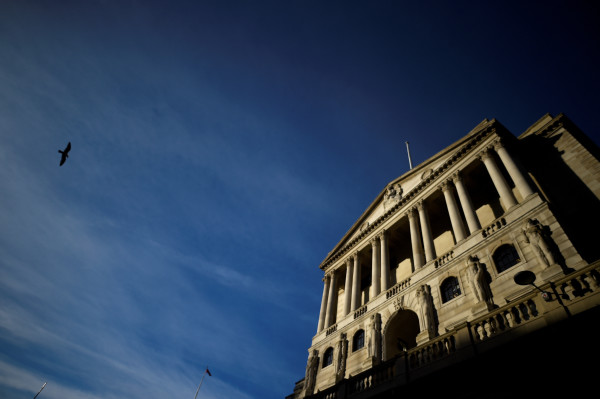

Experts say politics and the fiscal policy that comes with it are likely to influence financial markets more than central banks, which are now tipped to act as facilitators rather than the main drivers.
This would be a step change from the past decade, when the Bank of England’s low interest rates and liquidity boosting policies had provided huge support to financial assets, particularly growth stocks.
Stephanie Butcher, chief investment officer at Invesco, said the consequence of monetary policy boosting financial assets was that consumers saw “real assets lagging and wages falling well behind”.
She said: “The voter in the street has noticed this inequality and it has filtered through to politics. You can see it in the ‘levelling up’ agenda in the UK and elsewhere across the globe.
“We suspect politics is likely to be a very real influence on financial markets moving forwards. This is a potential source of risk for clients if portfolios are tilted solely to the monetary regime ‘winners’.”
Ms Butcher added that government spending would not “go back into the distance again now” and would be more focused on getting resources into the hands of voters.
“This has ramifications for the sort of financial assets you want to be exposed to, which may be different to the ones that have done very well in a purely monetary policy environment,” she added.
Targeted spending
The UK government has made a number of spending pledges in recent months, giving confidence to certain sectors that they will receive support for growth and encouraging investors to get involved.
Last month, Prime Minister Boris Johnson announced a £12bn “green industrial revolution”, which included millions of pounds for the development of nuclear power, carbon capture initiatives and hydrogen heating.
Just a week later, Rishi Sunak said investment in infrastructure would total £100bn next year and announced the launch of an infrastructure bank. The chancellor also revealed a £4bn fund for “levelling up” local projects.
Ben Kumar, investment strategist at Seven Investment Management, said that while the impact of monetary policy was to “float all boats”, more targeted allocations from the government would help specific stocks or asset types.
Randeep Somel, fund manager of M&G’s newly launched environmental, social and governance fund, agreed. “We’re now in a situation where we’ve used all our monetary policy firepower,” he said.
“If we need to directly finance certain areas using fiscal policy, we can hit our own goals and create sustainable industries going forward and be a huge driver to the economy.
“These announcements from the government have an impact. When Mr Johnson said combustion-powered cars were going to be illegal from 2030, investors sat up and listened.”
According to Hinesh Patel, portfolio manager at Quilter Investors, the move was like a “transition from tug-of-war to synchronised swimming”, while Russ Mould, investment director at AJ Bell, said big infrastructure projects and fiscal spending could be “the next plan” if the UK could not grow or inflate its way out of debt.
What to do about it
Experts urged advisers to double down on diversification as a way to protect their clients’ portfolios from any shifts in the market, particularly as there were “still multiple outcomes” from the fallout of the coronavirus.
Nicolo Bragazza, investment analyst of portfolio management at Morningstar, said: “Advisers have the responsibility to help clients. Portfolios should be correctly positioned to face the high uncertainty associated with this unique economic situation.
“A focus on long-term fundamentals, attention to valuation and not relying on one single scenario as a catalyst for portfolio returns are the ingredients for facing uncertainty.”
Mr Kumar agreed, saying in order to prepare, his view was “always to diversify”.
He added: “The clear winners from the past five years have been large companies, mainly in the US, mainly in the technology space.
“It’s still worth holding them — Microsoft and Google aren’t going away — but perhaps not at the same weight as in the global index. The UK, Europe and Japan have some brilliant businesses, which remain under-owned, and the same is true in the emerging markets.
“As the world shifts back to more conventional growth, part of the challenge is just holding on and letting the growth take hold.”
But according to Mr Patel, investors face an uphill struggle looking forward and would have to be “adaptable” to capture opportunities.
He warned that investors would need to work “twice as hard” as before to generate the returns they had previously been accustomed to, particularly given the “whole lot of optimism” already priced into the markets.
With inflation, deflation and stagflation all potentially lurking around the corner, a cocktail of diversification with a stir of adaptability just may be the name of the game.
imogen.tew@ft.com



